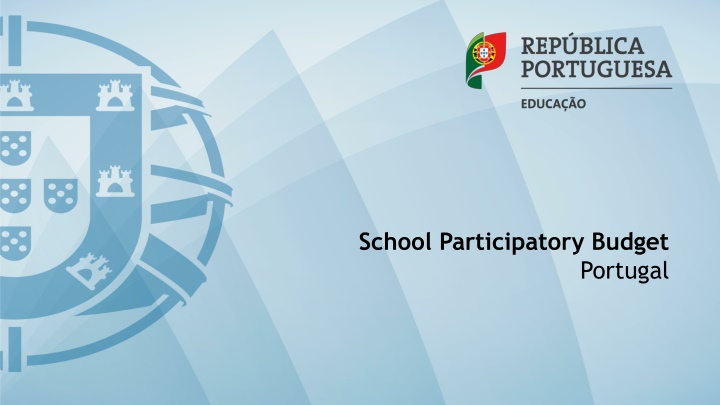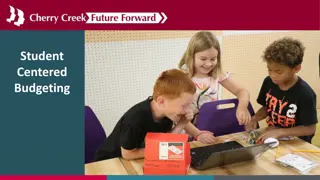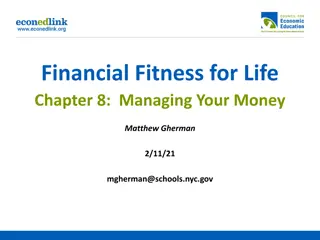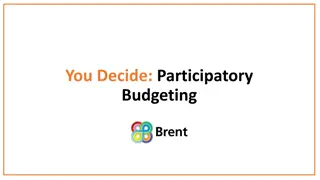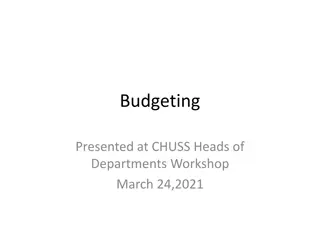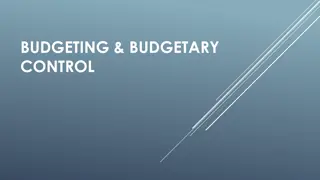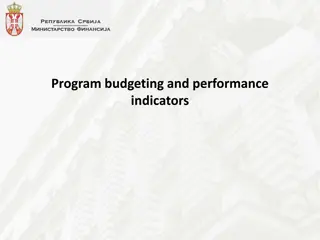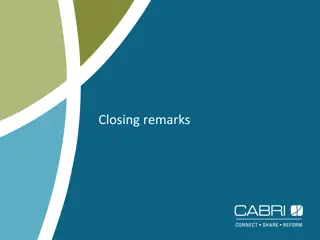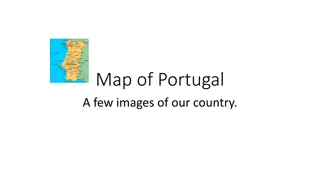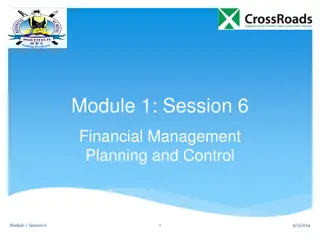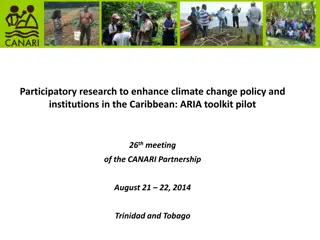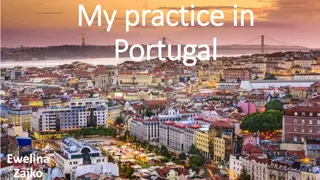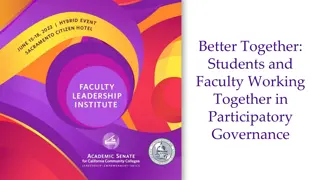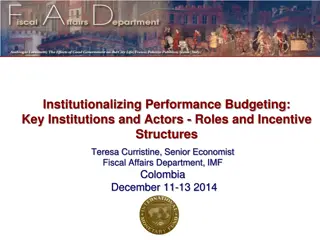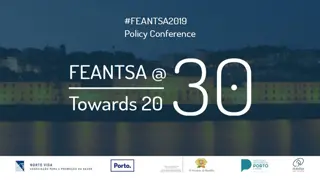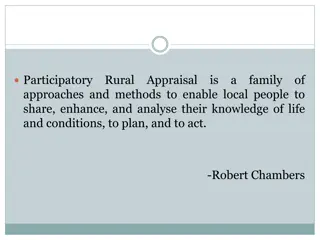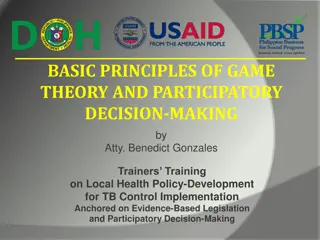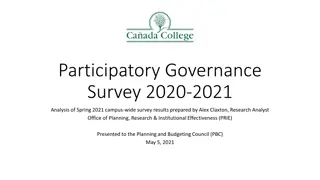School Participatory Budgeting in Portugal
School Participatory Budgeting is a unique initiative in Portugal that empowers students to allocate funds for school projects. With a focus on democratic decision-making, this program enables students to propose, vote on, and implement projects that enhance their school environment. Engaging students in the budgeting process fosters a sense of ownership and responsibility towards their school community, teaching important life skills such as financial literacy and collaboration.
Download Presentation

Please find below an Image/Link to download the presentation.
The content on the website is provided AS IS for your information and personal use only. It may not be sold, licensed, or shared on other websites without obtaining consent from the author.If you encounter any issues during the download, it is possible that the publisher has removed the file from their server.
You are allowed to download the files provided on this website for personal or commercial use, subject to the condition that they are used lawfully. All files are the property of their respective owners.
The content on the website is provided AS IS for your information and personal use only. It may not be sold, licensed, or shared on other websites without obtaining consent from the author.
E N D
Presentation Transcript
School Participatory Budget Portugal
Some key education outcomes insofar (2014-2018) Reduction of school retention/dropout in basic education (10.0% to 5.6%) Decrease of the Early Leaving from Education and Training (17.4% to 12.6%) Drop of the unemployment rate (13.9% to 6.7%), especially youth unemployment (34.8% to 19.7%) Increasing investment from companies on education & training (since 2016) Increasing adults in qualification programmes: recognition, education and training (20,000 to 96,000)
School Participatory Budget (2017 - ) Main goals: to promote students democratic competences and participation well-being, engagement in governance and sense of belonging to their schools financial skills, project development and entrepreneurship
Main features Legislation published in January 2017 Two editions insofar (2017 & 2018) Scope: all public schools with lower and/or upper secondary (including, VET) Each school has an extra amount in their annual budget, only able to be used according to the School Participatory Budget rules
School Participatory Budget (2017 - ) Each public school budget has a supplementary amount provided by the State, according to the number of students and only able to be used if the SPB rules are followed; This amount may be complemented by school own funds, municipal or other community contributions; All students from lower and upper secondary shall be informed, by their schools, about the initiative and supported in their will to participate; Proposals must be designed, submitted and voted by the students; Proposals shall benefit school services, equipment and/or educational activities, being a resource for the whole school community; These proposals must be endorsed by at least 5% of the students, and to be viable, considering the budget available, the existing rules and the school projects, and they shall in the referred education levels; The proposal with more votes shall be selected and implemented (if the budget enable it, the following more voted ones may also be selected)
School Participatory Budget (2017 - ) DG Schools: support and monitoring National agencies Institute of Financial Management for Education: Inspection: Monitoring Local coordinators Local Teachers supporters Electoral commission: composed by elected students Media campaign to raise awareness and participation
1st edition: some key figures 1 046 schools implemented the SPB (93%) 4 371 proposals were submitted by students (80% considered acceptable by schools) 1 021 schools democratically elected students proposals (91%) 221 063 students have voted for SPB (46%) 69% principals stated that SPB meant an effective improvement on students rights and participation in the school life .
School Participatory Budget (2017 - ) An innovative and effective instrument of an encompassing strategy for reinforcing democracy, accountability and project development in schools
Thank you! Lisbon, 16 October 2018 Pedro Abrantes Expert Advisor from the Minister of Education Cabinet Email: pedro.abrantes@medu.gov.pt
